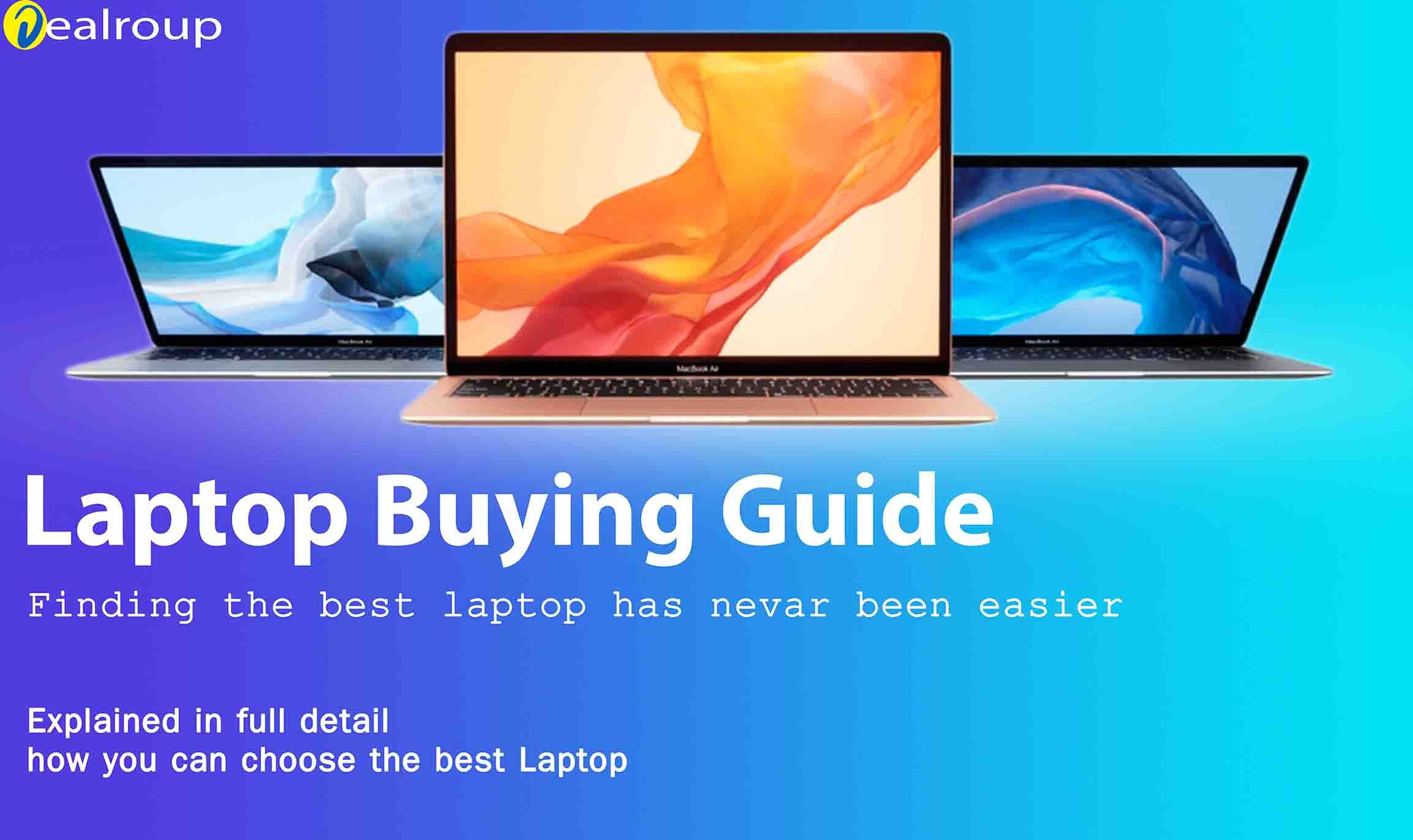Choosing the right laptop can be a daunting task, especially with the wide range of options available in the market today. Whether you’re a student, a professional, or someone who just wants a reliable device for everyday use, it’s important to consider a few key factors before making your purchase. In this guide, we’ll walk you through everything you need to know to find the perfect laptop for your needs.
1. Consider Your Needs
Before diving into the technical specifications, take a moment to consider what you’ll primarily be using the laptop for. Are you a student who needs a device for taking notes and writing papers? A professional who requires a powerful machine for graphic design or video editing? Or are you simply looking for a basic laptop for browsing the web and checking emails?
2. Size and Portability
The size and weight of a laptop can greatly impact its portability. If you’ll be carrying your laptop around frequently, consider opting for a lightweight and compact device. On the other hand, if you need a larger screen for productivity or multimedia purposes, a larger laptop might be more suitable.
3. Display and Resolution
The display and resolution of a laptop are important factors to consider, especially if you’ll be using your device for tasks that require a high level of visual clarity. Look for laptops with Full HD or higher resolution displays for a crisp and vibrant viewing experience.
4. Processor and Performance
The processor is the brain of your laptop, responsible for handling tasks and running applications smoothly. For everyday tasks like web browsing and word processing, a mid-range processor should suffice. However, if you plan on using your laptop for demanding tasks like photo editing or gaming, opt for a powerful processor with multiple cores.
5. Memory and Storage
RAM and storage are essential components of a laptop that can greatly impact its performance. Look for laptops with a minimum of 8GB of RAM for smooth multitasking and consider opting for solid-state drives (SSDs) for faster boot times and application loading speeds.
6. Connectivity and Ports
Consider the ports and connectivity options available on the laptop, especially if you have specific devices or peripherals that you need to connect. Look for laptops with a variety of ports such as USB-A, USB-C, HDMI, and SD card slots for maximum compatibility.
7. Battery Life
If you’ll be using your laptop on-the-go, battery life is a crucial factor to consider. Look for laptops with long battery life ratings to ensure that your device can keep up with your busy schedule without constantly needing to be plugged in.
8. Budget
Lastly, consider your budget when choosing a laptop. While it’s tempting to opt for the latest and greatest model, remember that there are plenty of affordable options that can still meet your needs. Determine your budget and prioritize the features that are most important to you.
Conclusion
Choosing the right laptop for your needs doesn’t have to be a daunting task. By considering factors such as size, specs, display, performance, connectivity, battery life, and budget, you can find a device that perfectly suits your requirements. Take your time to research and compare different models before making your decision, and you’ll be sure to find the perfect laptop for your needs.
Remember, a laptop is an investment that should last you for years to come, so it’s important to choose wisely. Follow these tips and you’ll be well on your way to finding the perfect laptop for your needs.

